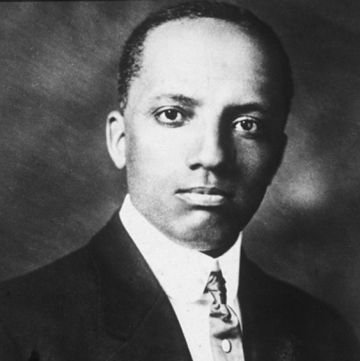
Historians often study history for the purpose of understanding the past and moving forward to a future devoid of previous mistakes. In few facets of life have these mistakes been more abundant than in interactions between people of different skin colors and ethnicities. Bias, prejudice, discrimination. Racism.
And of course, the most well-known examples of racism stem from the oppression against black people throughout history. As overt racism started to be condemned and outlawed throughout the U.S., much of the population started to realize that the atrocities committed needed to be avoided at all costs in the future. As a result, starting in 1976, the month of February has been deemed Black History Month.
Celebrated in Canada, the United States, and the United Kingdom among other places, Black History Month originated from black historian Carter G. Woodson and his associates creating a national annual Black History week starting in 1926. This week took place during February, as to line up with the birthdays of Frederick Douglass and Abraham Lincoln, two major figures in the push for black rights during the 19thcentury.
Black History week was adopted by many schools around the country in the 20thcentury, and as the civil rights movement picked up speed, the week-long celebration of black history had its duration extended to the entirety of February by many institutes of education throughout the country. It was declared official by President Gerald Ford in 1976, and every subsequent president has carried on the annual tradition.
“I think it’s a really great chance to raise awareness,” said senior Paoping Y. “Especially with all the things happening in the past year, February is a great time to learn more about all the things that have happened in history.”
Although outspoken racism has decreased greatly over the last century, subtle acts of racism still persist today, plaguing society. As made apparent by the Black Lives Matter movement in June 2020, racism is still a major issue in today’s society and the first step towards racial equality is acknowledging that inequality exists. Therefore, Black History Month is a great chance to educate ourselves and learn from the past to create a better future.
According to junior Savyasachi S., Black History Month is “when [we] get reminded that we have to keep pushing for equality.”